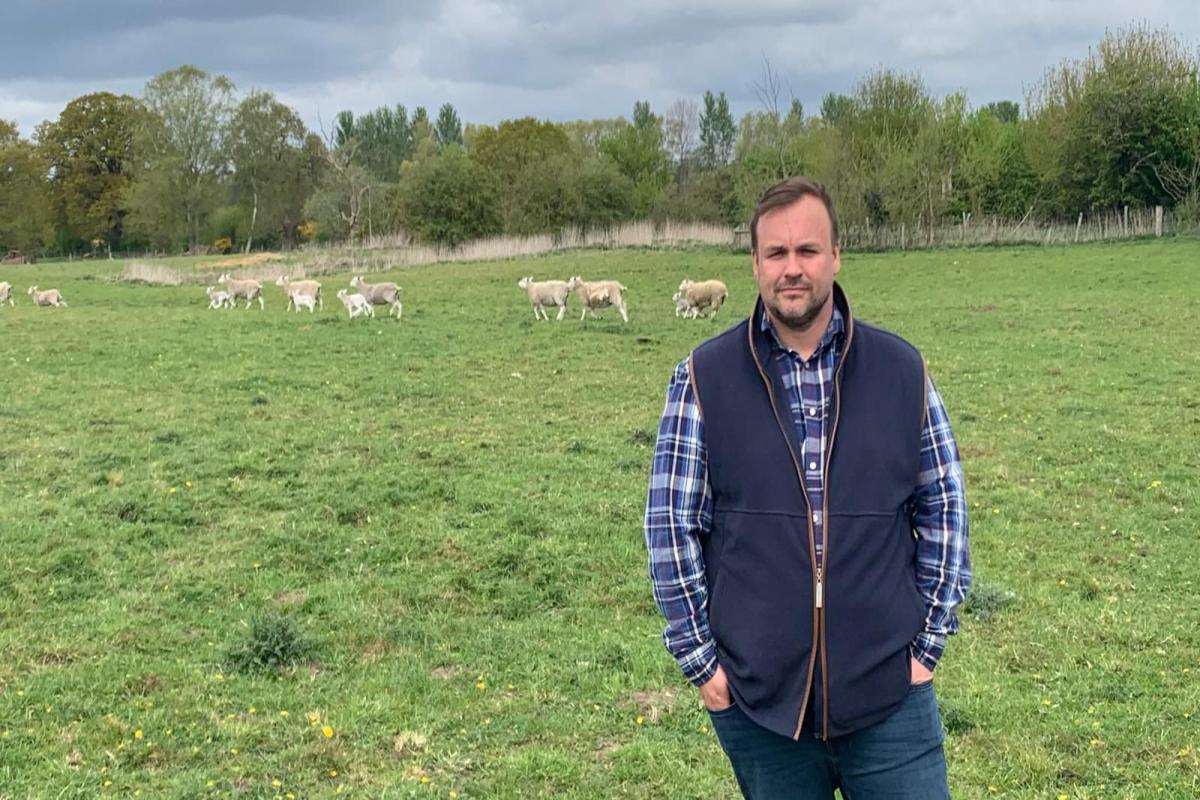
Our environment is our economy: it must be protected
How did your country report this? Share your view in the comments.
Diverging Reports Breakdown
Terry Jermy: Our environment is our economy
In East Anglia alone we have seen industrial-scale farms violate environmental standards on more than 700 occasions in the last seven years. The Environment Agency carried out approximately 17 inspections of intensive livestock units per week in which 75% of those inspections found breaches. Less than half of the incidents recorded received further action such as a formal warning, and less than 1% received a ‘recommended’ prosecution. Since Labour has taken office nearly a year ago, there are now 89 additional Environment Agency officers conducting more than 4,500 farm inspections in 2024. We have seen the single largest investment into nature in history, with over £7 billion directed into nature’s recovery, including environmental farming schemes totalling nearly £6bn.
I’ve spent much time campaigning on environmental issues since the general election last summer.
There have been many shocking statistics and revelations, but the most recent Freedom of Information responses were both shocking and concerning.
My request to the Environment Agency showed that in under ten years intensive livestock farms had breached environment regulations nearly 7,000 times.
In East Anglia alone we have seen industrial-scale farms violate environmental standards on more than 700 occasions in the last seven years, which equate to at least two breaches per week, or approximately ten per month.
And they are just the incidents we are aware of and are recorded.
The data also shows that the Environment Agency carried out approximately 17 inspections of intensive livestock units per week in which 75% of those inspections found breaches.
Of particular concern, when significant pollution incidents are found, most result in no further significant action.
For the most serious breaches, over half received either no further action, ‘advice/guidance’ or a ‘warning’, and staggeringly, less than half of the incidents recorded received further action such as a formal warning, and less than 1% received a ‘recommended’ prosecution.
In May of this year, we saw a watershed ruling when King’s Lynn and West Norfolk Borough Council’s planning committee voted against the planning applications for the proposed megafarm sites in Methwold and Feltwell in my South West Norfolk constituency.
The application was to house 14,000 pigs and 870,000 hens at linked locations which would have made it one of the largest megafarms in Europe.
Norfolk has already been dubbed the “megafarm capital of Europe” with statistics from Compassion in World Farming showing there are now 122 megafarms in the county and 25,748,309 factory-farmed animals.
These shocking numbers alongside the severity of the litany of offences clearly show that the huge increase to US-style factory farms since 2017 is harming our land and jeopardising our climate targets and sustainability ambitions moving forward.
There is hope.
Since Labour has taken office nearly a year ago, there are now 89 additional Environment Agency officers conducting more than 4,500 farm inspections in 2024.
We have seen the single largest investment into nature in history, with over £7 billion directed into nature’s recovery, including environmental farming schemes totalling nearly £6bn, tree planting £86m, and our peatlands £85m, making a significant contribution to our Environment Act targets improving water quality and biodiversity.
In my constituency, as it is across our county, farming is our lifeblood, as is the environment and therefore we must have a serious conversation as to what kind of farming we need moving forwards.
It must be one that protects our communities, agriculture and nature, while furthering animal welfare standards as well as harnessing food security.
We also need to protect local farmers and their production, ensuring nature-friendly farming can be at the heart of the government’s New Deal for Farmers and the review of farm profitability which are both currently under consultation, and support the rural economy and its growth.
Source: https://www.edp24.co.uk/news/25246924.terry-jermy-environment-economy/?ref=yahoo
